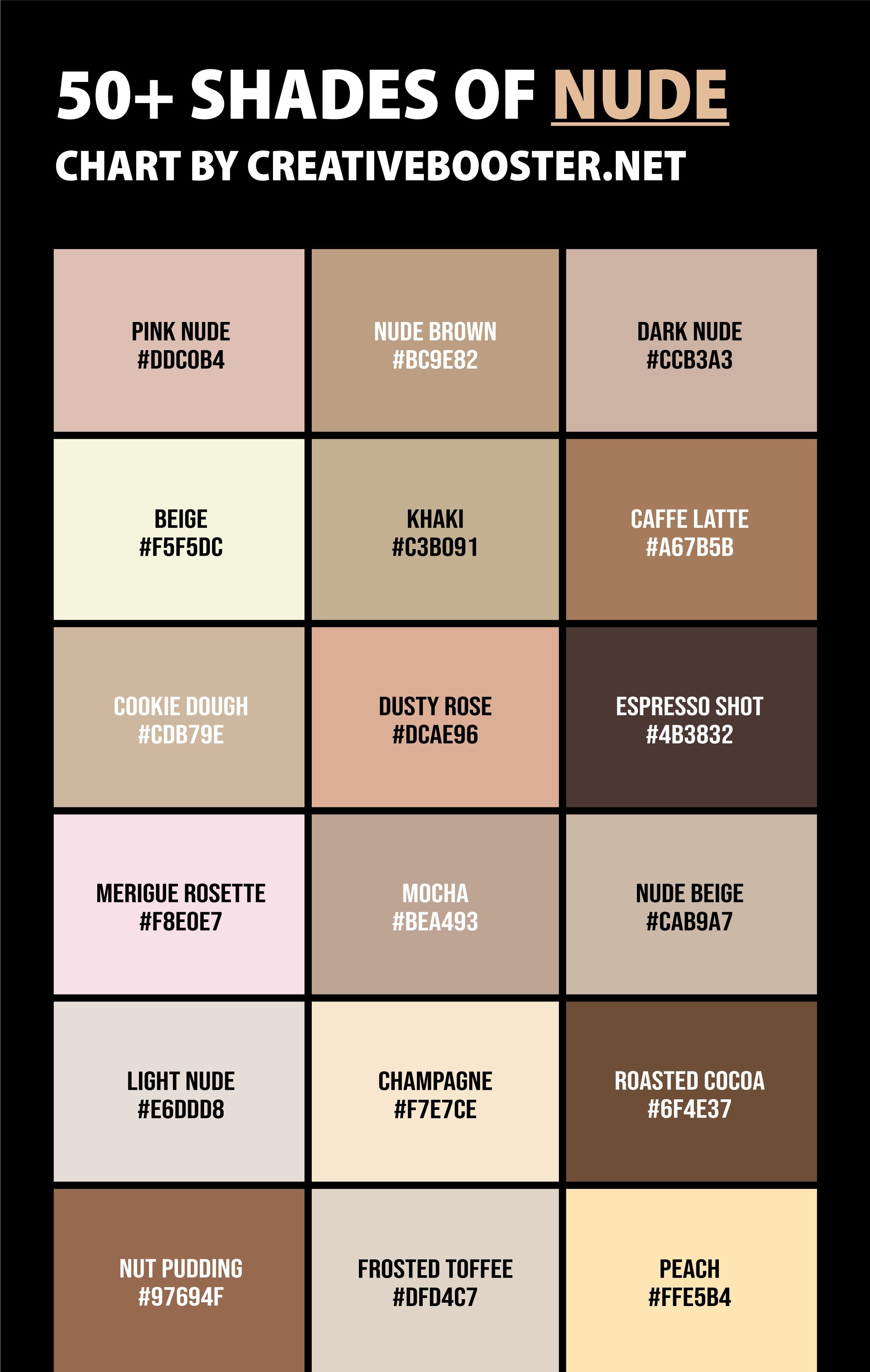5 Key Facts About Gabrielle Moses OnlyFans Leak

Introduction
The internet erupted in late 2023 when private content from Gabrielle Moses’ OnlyFans account was leaked online. This incident not only violated her privacy but also sparked broader conversations about digital security, consent, and the challenges faced by creators in the digital age. Below, we dissect the key facts surrounding the Gabrielle Moses OnlyFans leak, examining its implications and the lessons it offers.
The leak involved unauthorized distribution of content from Gabrielle Moses’ OnlyFans account, a platform where creators share exclusive material with subscribers. This breach not only violated her personal boundaries but also highlighted the vulnerabilities inherent in digital content sharing. Moses, a well-known social media personality, had built a following based on trust and exclusivity, making the leak particularly damaging.
The leak reignited discussions about consent in the digital realm. Moses’ content was shared without her permission, raising questions about the ethical responsibilities of online users. Critics argue that consuming or distributing leaked content perpetuates a culture of exploitation, while others debate the blurred lines between public personas and private lives.
"Sharing leaked content is not just a violation of privacy; it’s a form of digital harassment," says Dr. Emily Carter, a sociologist specializing in internet culture.
While laws vary by jurisdiction, distributing copyrighted or private content without consent can lead to legal consequences. In Moses’ case, pursuing legal action against those responsible for the leak would require identifying perpetrators, a challenging task in the anonymous landscape of the internet.
| Legal Aspect | Implication |
|---|---|
| Copyright Infringement | Leaked content violates the creator’s intellectual property rights. |
| Privacy Laws | Unauthorized distribution may breach privacy statutes. |
| Cybercrime Laws | Hacking or phishing to access content can lead to criminal charges. |

Content creators, especially those on platforms like OnlyFans, face unique risks. The leak underscored the precarious balance between monetizing personal content and protecting one’s privacy. For Moses, the incident likely impacted her mental health and professional reputation, a common consequence for creators in similar situations.
In the aftermath of the leak, there were widespread calls for platforms like OnlyFans to enhance security measures. Critics argue that while creators bear some responsibility for safeguarding their accounts, platforms must invest in robust encryption, monitoring systems, and user education to prevent such incidents.
What is OnlyFans, and how does it work?
+OnlyFans is a subscription-based platform where creators share exclusive content with paying subscribers. Users can monetize their content, ranging from art and tutorials to adult material.
Can leaked OnlyFans content be removed from the internet?
+While creators can issue takedown notices, complete removal is difficult due to the rapid spread of content across multiple platforms and servers.
What should creators do if their content is leaked?
+Creators should document the leak, contact platform support, issue takedown notices, and consider legal action. Prioritizing mental health is also crucial.
How can subscribers support creators affected by leaks?
+Subscribers can report leaked content, avoid sharing it, and continue supporting the creator through legitimate channels. Offering emotional support is also valuable.
Conclusion
The Gabrielle Moses OnlyFans leak serves as a stark reminder of the challenges faced by digital creators in an era of heightened connectivity. While the incident violated her privacy and trust, it also sparked important conversations about consent, security, and ethical responsibility. As the digital landscape evolves, both creators and platforms must prioritize protections to safeguard against such breaches, ensuring a safer environment for all.


